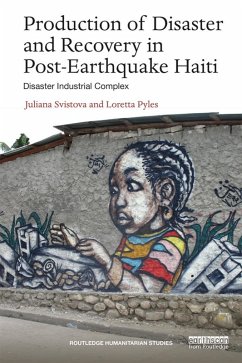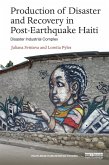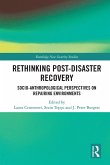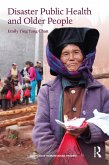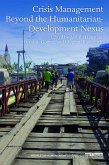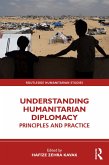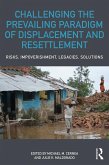The book reveals that disaster and recovery rhetoric helped create fertile conditions for neoliberal disaster governance, militarized and digital humanitarianism, non-profiteering, and disaster opportunism to flourish while further disenfranchising marginalized populations. However, the Haiti earthquake, as is the case with all disaster sites, was ripe with mutual aid, community building, and collective action, all of which further local resilience. The authors seek to re-construct dominant discourses, policies, and practices to advance equitable, participatory partnerships with local community actors and propose a praxis for a people's recovery as an action-oriented framework for resisting the transnational disaster industrial machinery. The authors argue for new synergies in policymaking and program development that can respond to emergencies and plan for true long-term, sustainable development after disasters that focuses as much on humans and the natural world as it does on economic progress.
Production of Disaster and Recovery in Post-Earthquake Haiti will be of great interest to students and scholars of disaster studies, humanitarian studies, development studies, Haitian studies, geography and environmental studies, as well as to non-governmental organizations, humanitarians, and policymakers.
Dieser Download kann aus rechtlichen Gründen nur mit Rechnungsadresse in A, B, BG, CY, CZ, D, DK, EW, E, FIN, F, GR, HR, H, IRL, I, LT, L, LR, M, NL, PL, P, R, S, SLO, SK ausgeliefert werden.

